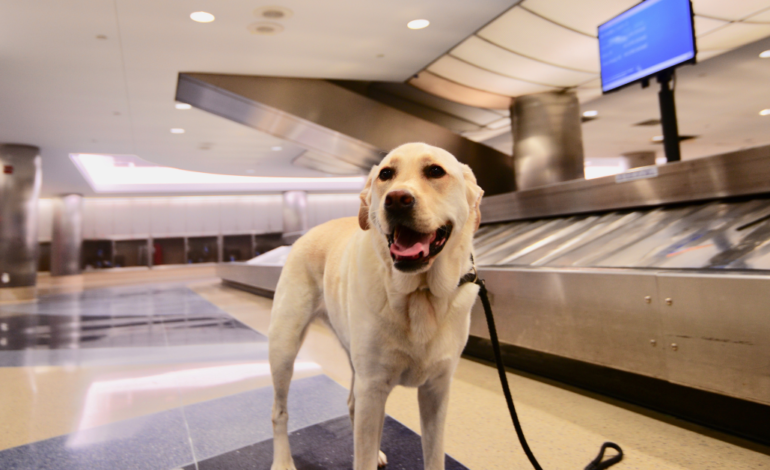By Dr. Julie Ducharme
Did you ever fear the monster under your bed as a child? I certainly did. I remember turning off the light and leaping into bed, terrified that something might grab my ankles from the dark abyss below. Where this fear came from, I have no idea, but I was convinced that some big, scary thing lurked there, ready to get me. Yet, as long as I stayed in bed, I felt safe. My bed was a fortress, impenetrable to whatever might be lurking. I don’t recall when I stopped being afraid of the dark or the imagined horrors under my bed. It’s amusing to think that if I had just looked under the bed, maybe I would have realized there was nothing to fear. Or perhaps the mere idea that something could one day be under there kept my imagination running wild. My mother wisely kept me away from scary movies—I had plenty of imagination to scare myself.
As we grow older, our fears evolve, becoming more complex and deeply ingrained. They transform from imaginary monsters under the bed to real-life anxieties about our careers, relationships, and personal achievements. Courage is often elusive because fear is such a powerful force. Can you recall a time when you passed up an amazing opportunity because of fear, only to later realize how silly it was to be afraid? How do we move past fear and embrace courage?

This past week, I was reminded of how destructive fear can be. It can strip logic from our lives and lead to irrational behaviors. Fear can hold us back from pursuing our dreams, taking risks, and seizing opportunities. Despite frequently speaking about the power of fear, I came to understand that a single act of courage is ten times more powerful than fear. Courage is more motivating than fear. It can save lives, move nations, change history, and even stop wars.
I began to ponder how I could be more courageous in my own life to inspire others. To walk past fears and conquer them. I always say that the only barriers in our lives are the ones we put up ourselves, typically out of fear. But how can we not only remove those barriers but also embrace courage moving forward? It’s a valid question. And let’s take it a step further: how can our courage add value to others? Courage isn’t just about being brave for the sake of it; it’s about serving, helping, and rescuing.
I recall a story of a friend who had a fear of public speaking. She was an expert in her field but avoided giving presentations. One day, she decided to face her fear by volunteering to speak at a conference. The first time was nerve-wracking, but she persevered. Her courage not only helped her overcome her fear but also inspired many in the audience to pursue their passions. Her story is a testament to how courage can ripple out and positively affect others.
In our unpredictable world, you can’t run from your fears—they will eventually catch up with you, often in negative ways. But if we can cultivate courage that isn’t self-serving and is focused on adding value to others and making positive change, that is something worth striving for. How does your courage measure up today? How can you transform your fear into courage? Take that first step and do one small courageous thing today.
The journey to courage begins with acknowledging our fears and understanding their roots. Fear often stems from past experiences, societal pressures, or our own insecurities. By identifying these sources, we can start to dismantle the power they hold over us. It’s essential to reframe our mindset, viewing challenges as opportunities for growth rather than threats.
Support systems also play a crucial role in fostering courage. Surround yourself with people who encourage and uplift you. Share your fears with trusted friends or mentors who can offer guidance and perspective. Sometimes, just talking about your fears can diminish their hold on you.


Practical steps to build courage include setting small, achievable goals that push you out of your comfort zone. Each small victory builds confidence, making larger challenges seem less daunting. Celebrate these successes, no matter how minor they may seem. They are stepping stones on your journey to greater courage.
In addition to personal growth, consider how your courage can impact the wider community. Acts of bravery, no matter how small, can inspire others to take similar steps. Whether it’s standing up for someone, voicing an unpopular opinion for the greater good, or taking a leap of faith in your career, your actions can create a ripple effect.
In conclusion, in our unpredictable world, you can’t run from your fears—they will eventually catch up with you, often in negative ways. But if we can cultivate courage that isn’t self-serving and is focused on adding value to others and making positive change, that is something worth striving for. How does your courage measure up today? How can you transform your fear into courage? Take that first step and do one small courageous thing today.
Remember to live, love, laugh, and always be your authentic self.





